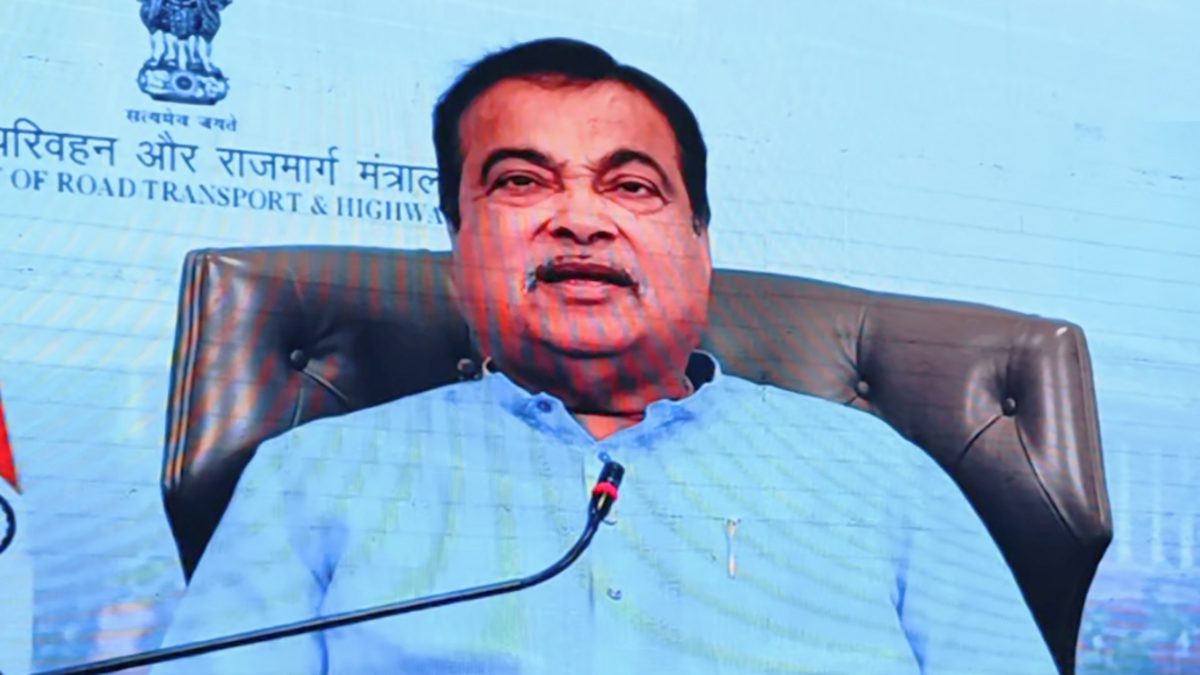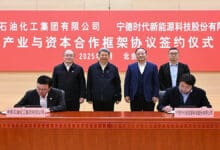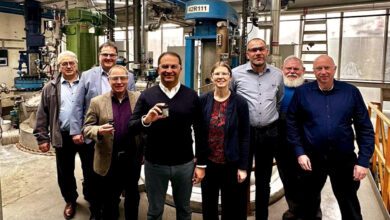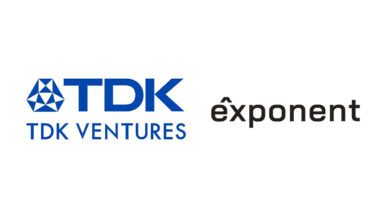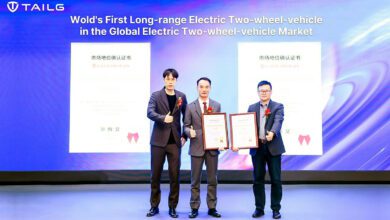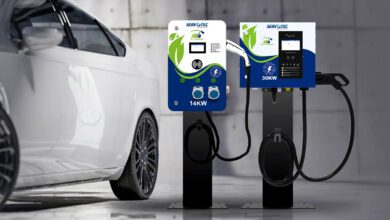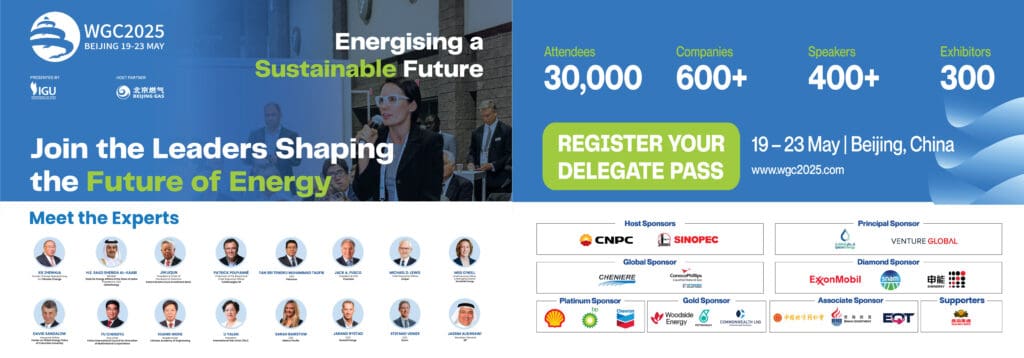The 21st EV EXPO 2024 and Conference commenced at Pragati Maidan, New Delhi, featuring the 8th Catalyst Conference focused on the sustainability of the electric vehicle (EV) industry. Organised in collaboration with the International Centre for Automotive Technology (ICAT), the event gathered industry representatives, regulatory authorities, and entrepreneurs to discuss the future of electric mobility.
Minister for Road Transport & Highways, Nitin Gadkari, inaugurated the conference via video link from Nagpur. In his address, he highlighted India’s commitment to addressing rising pollution levels and reducing its reliance on fossil fuel imports, which currently total ₹22 lakh crore annually. He reiterated the government’s focus on transitioning mass transportation systems to electric vehicles and achieving carbon neutrality by 2070.
Gadkari shared key insights regarding market growth, noting that in 2023-24, India registered 30 lakh EVs, reflecting a 45% increase in sales and a 6.4% market penetration. He pointed out that 56% of total two-wheeler sales were electric, driven by over 400 startups in the EV sector. Looking ahead, he projected that by 2030, the Indian EV market could reach a potential of ₹20 lakh crore, creating 5 crore jobs. He also mentioned that hybrids and EVs are expected to account for 8% of the market by 2028, with the EV finance market size estimated at ₹4 lakh crore.
In terms of resources, Gadkari noted that India possesses 6 million tonnes of lithium reserves in Jammu & Kashmir, which represent 6% of the global stock and are sufficient to support the production of 60 crore EVs. He emphasised the need to expedite the utilisation of these reserves. Additionally, he discussed cost reductions, stating that the lifecycle cost of lithium-ion batteries currently stands at $115 per kilowatt-hour, with expectations to drop below $100 within six months. The lithium-ion battery recycling market is projected to reach ₹50,000 crore by 2030.
Gadkari urged industry leaders to seize the opportunity to expand production tenfold and position India as a global leader in the EV market. He stressed the importance of competing effectively with countries like China by leveraging superior technology and uncompromising quality standards. He concluded by envisioning India’s automobile industry becoming the world’s largest within five years, with significant contributions from the EV sector.
The conference also featured prominent attendees, including Saurabh Dalela, Director of ICAT; Balraj Bhanot, ex-Chairman of the TED Committee, BIS; Yash Pal Sachar, VP of Corporate Affairs at Ashok Leyland; Anuj Sharma, President of the Electric Vehicle Federation; and Rajiv Arora, organizer of EV Expo. Several panel discussions were held on the sustainability and future of the EV industry.
Celebrating a decade of success, the 21st EV Expo 2024 runs from December 20-22 in Hall Nos. 1 & 2 of Pragati Maidan. The event showcases cutting-edge innovations, industry collaborations, and evolving technologies, with participation from around 200 exhibitors from India and abroad. The expo serves as a platform for entrepreneurs, startups, industry leaders, and EV enthusiasts to engage in transformative discussions shaping the future of mobility.
The 21st EV Expo 2024 is supported by the Ministry of Road Transport & Highways, Government of India, Pradhan Mantri Kaushal Vikas Yojana (PMKVY), Micro, Small, and Medium Enterprises (MSME), and the International Centre for Automotive Technology (ICAT).


